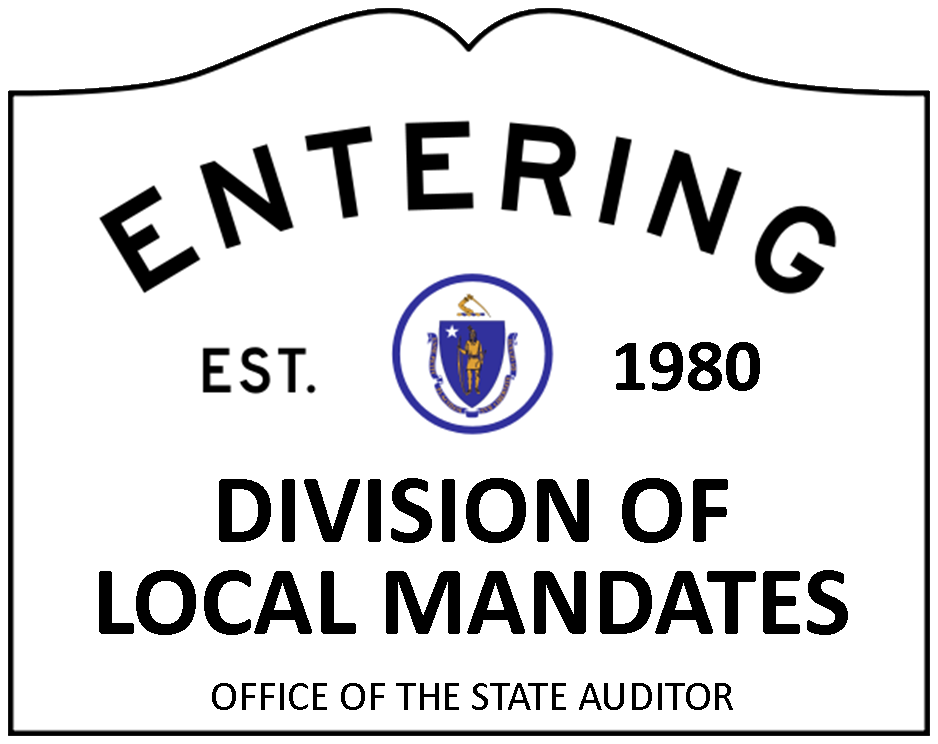- Office of the State Auditor
- Division of Local Mandates
Media Contact
Michael Woo, Community and External Affairs Coordinator
Boston — State Auditor Diana DiZoglio’s Division of Local Mandates (DLM) released an analysis illustrating how Transportation Network Companies’ (TNCs’) classification of drivers as independent contractors or employees significantly impacts TNCs’ contribution obligations to Massachusetts employee protection programs such as workers’ compensation, unemployment insurance (UI), and paid family and medical leave (PFML).
With respect to workers’ compensation, we conservatively estimate $17,428,606 in lost payments for 2023. If drivers are classified as employees, this means TNCs have failed to pay tens of millions of dollars into the system over the past decade, precluding employees from accessing workers’ compensation benefits.
UI, which provides temporary financial assistance to workers who are unemployed or meet eligibility standards, is funded through taxes paid by employers on their employees' wages. We estimate lost UI payments for TNC drivers at $20,714,327 in 2023. TNC drivers, like other workers, may need this benefit, and the state may have an interest in ensuring that transportation companies in Massachusetts operate on a level playing field.
We also estimated lost TNC payments to PFML. The PFML Act provides Massachusetts workers with up to 20 weeks of paid family medical leave for a serious health condition and up to 12 weeks of paid family leave to care for a family member with a serious health condition or to bond with a new child. Employers with 25 or more employees are required to contribute to the PFML Fund on behalf of their workforce, including a mandatory employee contribution. If drivers are classified as employees, DLM estimates TNCs’ lost contribution to the Massachusetts Paid Family and Medical Leave (PFML) Act in 2023 to be $9,000,018.
The table below summarizes lost workers’ compensation, UI, and PFML payments for 2023.
Summary of Lost TNC Payment Estimates (2023)[1]
|
Assumed Hours per Week (Driver Average) |
Lost TNC Payment Estimates (2023) |
|
|
Low-End Estimate |
5 |
$15,782,708 |
|
Middle Estimate |
20 |
$63,130,834 |
|
High-End Estimate |
40 |
$126,303,952 |
|
Best Estimate |
14.93 |
$47,142,950 |
We determined that if TNCs are not classifying their drivers correctly, using the best available data, it is conservatively estimated that TNCs have failed to contribute approximately $266.4 million into workers’ compensation, UI, and PFML for the 2013-2023 period.
“Our Division of Local Mandates conducts analyses of important issues facing our communities. This report highlights how TNCs' classification of drivers as independent contractors or employees impacts their contribution obligations to workers’ compensation, unemployment insurance, and paid family and medical leave,” said Auditor DiZoglio. “We encourage the State Legislature and Administration to enact measures to ensure full transparency of driver earnings, hours worked, and other key employment statistics.”
[1] Formulas and detailed calculations are provided in Appendix A.
###
